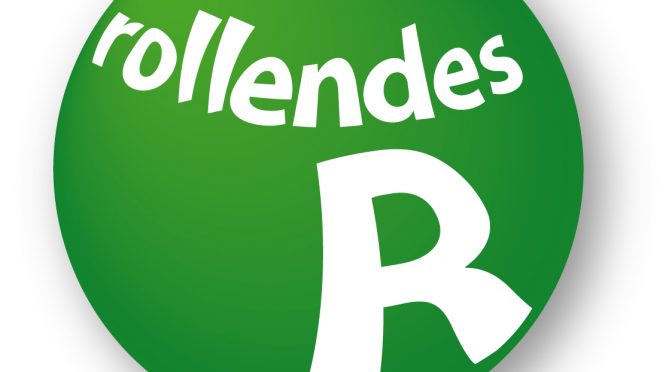Author: Jadranka Bokan
R-Pronunciation
When should you “roll” R and when not?
German R is either:
1. ‘rolling’ R
(it rolls in the back of your throat and thus sounds like a consonant)
or
2. R sounds like A
(you don’t touch any part of your mouth thus it sounds like a vowel).
Apart from experiencing the difficulty of PRODUCING these sounds, you might be asking yourself:
WHEN exactly do I pronounce R in a specific way?
There are 2 different R-pronunciations in specific scenarios:
1. ‘rolling R‘
When we are talking about the ‘rolling’ R, it is important to say that it literally ‘rolls’ in the throat. In order for you to produce that sound, the back of your tongue should keep touching your throat repeatedly. If you are asking yourself how it should sound, I will tell you that it sound almost like if you would be saying RRRRR while gargling a mouthful of water in your throat. I would recommend that you try this out in your bathroom first. This R can be heard:
- at the beginning of a word (like in Rom, Ronald, reisen)
- at the beginning of a syllable (Büro, darauf, Kellnerin)
- or after a consonant (Bruder, Brille, Freund, krank, Kreis, Brasilien, drei).
2. R sounds like A :
- after long vowels (er, wer, für)
- at the end of a word/syllable which most often comes up in the ‘-er’ combination (Teller, Musiker, Messer, verkaufen).
- in the combination ‘vowel + R + consonant’ (Wort, Sport)
If you are still not sure how you should read R in a specific word that you are learning you are more than welcome to use online dictionaries which contain word pronunciation. Use FREE ONLINE DICTIONARIES which enable you to hear the sound. When you go there, all you need to do is to find the word in question and click on the speaker symbol next to the word.



